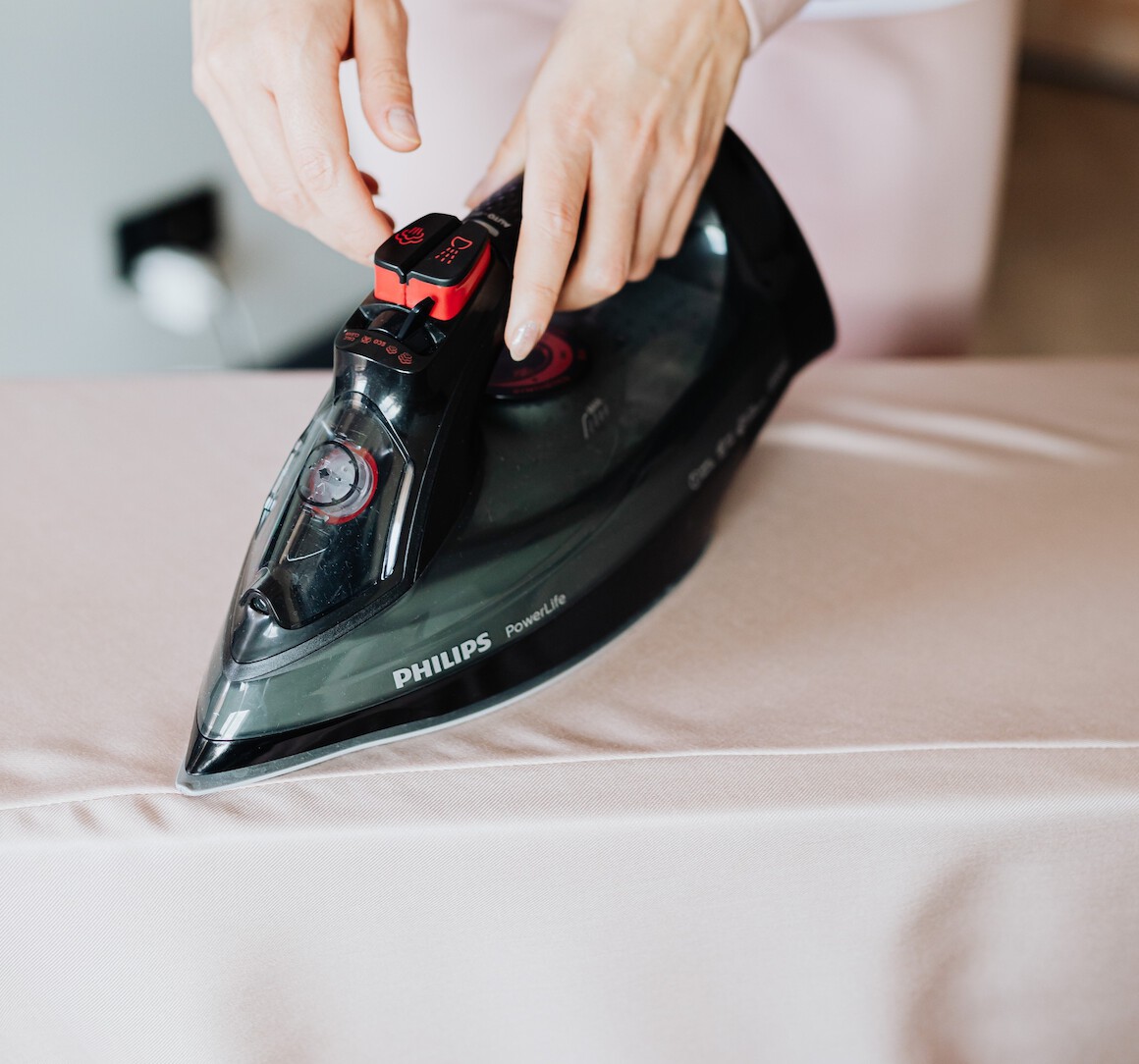1. CASE SUMMARY
A. Summary of facts
Philips is a technology company headquartered in Amsterdam. This decision concerns Philips France’s Consumer Lifestyle business, which included at the time Personal Care, Lifestyle Entertainment, Health & Wellness and Domestic Appliances. It relates to the period from 21 November 2011 until 20 November 2013.
During the relevant period, the main retailers of Philips France included pure online retailers, as well as retailers with both online and offline sales. While some products were marketed under selective distribution systems, others were marketed under open distribution.
During the relevant period, Philips France’s Consumer Lifestyle business regularly, actively and closely monitored the resale prices of its retailers to detect low pricing retailers.
Philips France’s Consumer Lifestyle business regularly contacted such low pricing retailers, typically online retailers, requesting them to increase their resale prices. These requests would take place at the own initiative of Philips France’s Consumer Lifestyle business or pursuant to complaints from other retailers. As a result of these interventions, retailers regularly agreed to increase their prices. Beyond regular contacts and mere pressure on its retailers, Philips France’s Consumer Lifestyle business took retaliatory measures with retailers that regularly undercut the desired price levels.
Senior management was fully aware of these practices and often actively participated in or even steered these practices.
Philips France’s Consumer Lifestyle business thus sought to avoid or slow down online price “erosion” across its entire (online) retail network. Indeed, many retailers typically adjusted the price of products of Philips France’s Consumer Lifestyle business when competing retailers decreased their prices.
B. Legal analysis
B.1 - Article 101(1) TFEU – restriction by object / single and continuous infringement
The Commission took the view that the conduct described above constituted one or more agreements and/or concerted practices within the meaning of Article 101(1) TFEU. Via that conduct, Philips France’s Consumer Lifestyle business and its retailers expressed their joint intention to act in such a way as to limit resale price competition. This conduct amounted according to the Commission to a single and continuous infringement because the agreements were all in pursuit of an identical anti-competitive objective, namely, to achieve an increase in the resale price of products of Philips France’s Consumer Lifestyle business above the price level that the retailers set independently. Furthermore, the conduct followed the same pattern throughout the relevant period, the same individuals were involved and there was a continuity and similarity of method.
The Commission concluded that the conduct, by its very nature, restricted competition within the meaning of Article 101(1) TFEU because it restricted the ability of retailers to determine their resale prices independently. Moreover, price monitoring and adjustment software programmes multiplied the impact of price interventions. Consequently, by closely monitoring the resale prices of its retailers and intervening with the lowest-pricing retailers to get their prices increased, Philips France’s Consumer Lifestyle business could avoid price erosion across, potentially, its entire (online) retail network. Lastly, the Commission’s view was that the conduct was capable of affecting trade between Member States, meaning that all the conditions for a breach of Article 101(1) TFEU were fulfilled.
B.2 - Article 101(3) TFEU – no block exemption nor individual exemption
The Commission concluded that the conduct could not be exempted under the VBER because its object was to restrict the ability of retailers to independently determine their sale prices (hardcore restriction, Article 4(a) of Regulation 330/2010). The conduct did in the Commission’s view also not meet the conditions set out in Article 101(3) TFEU. The Commission emphasized that there were no indications that the conduct of Philips was indispensable to alleviate the repercussions of free-riding between online and offline sales channels.
B.3 - Fines – reduction of fine because of cooperation
The Commission required Philips to bring the infringement to an end in accordance with Article 7 of Regulation 1/2003 and to refrain from any measure with the same or similar object or effect. Additionally, a fine was imposed of EUR 29,828,000 on Philips France. Koninklijke Philips N.V. was held jointly and severally liable with Philips France as its parent company.
When determining the amount of the fine, the Commission granted a reduction of 40% under paragraph 37 of the Fining Guidelines. The reduction was granted to reflect the active cooperation by Philips beyond its legal obligation to do so by providing additional evidence representing a significant added value, acknowledging the infringements and waving certain procedural rights, which resulted in administrative efficiencies.





Sign in to post comments